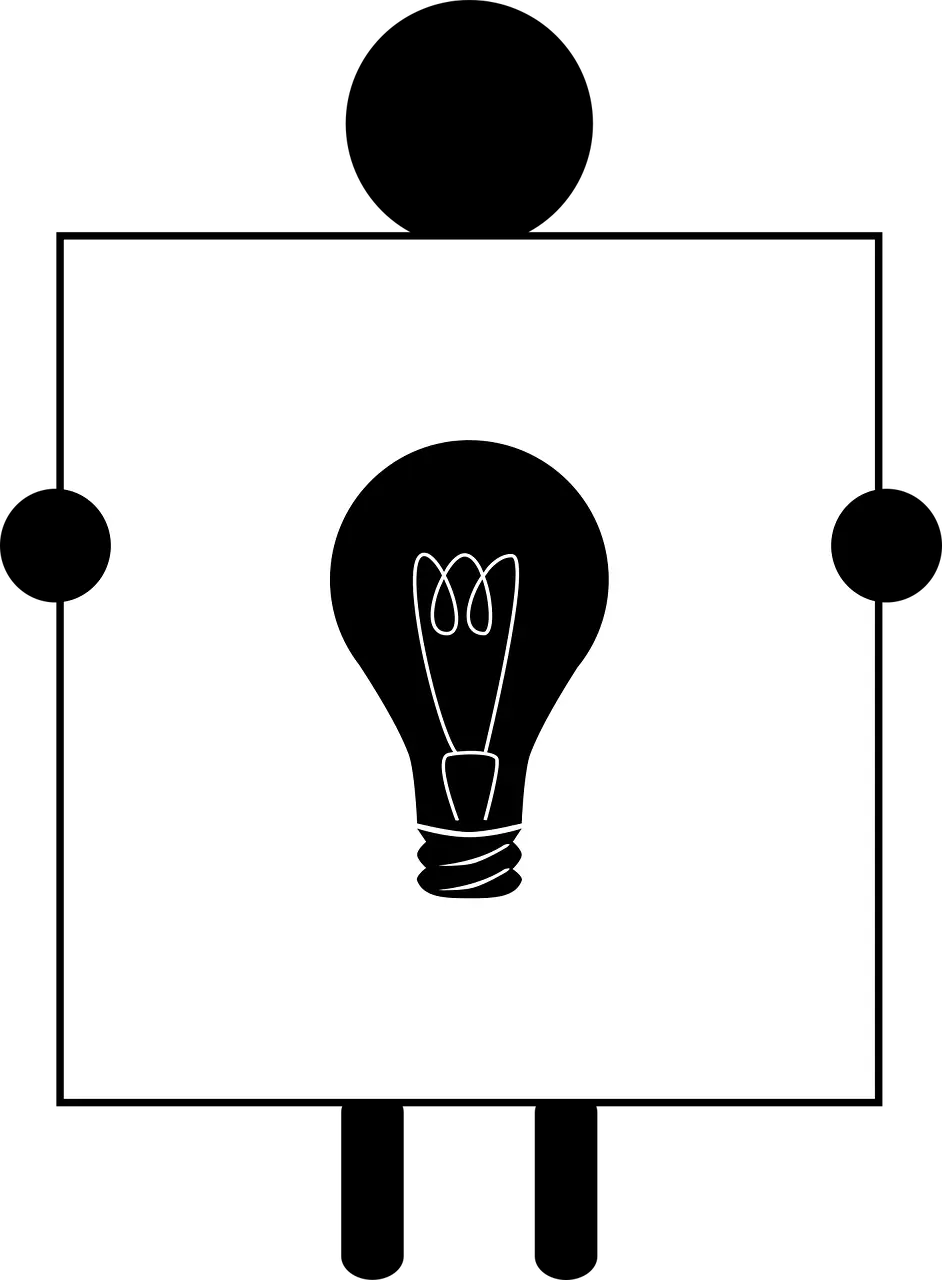How to Minimize Uncertainties When Planning Your Next Fundraiser
- 9 Jun, 2023
Planning a fundraiser involves various uncertainties, but you can take steps to minimize them and increase the chances of a successful event. Here are some strategies to consider:
- Set clear goals and objectives: Define specific and measurable goals for your fundraiser. This helps provide clarity and focus throughout the planning process. Establishing realistic targets for fundraising, attendance, or other key metrics will help guide your decisions and allocate resources effectively.
- Conduct thorough research and planning: Gather as much information as possible about your target audience, competing events, and logistical considerations. Research the preferences and interests of your potential donors to tailor your fundraiser accordingly. Develop a comprehensive plan that outlines the event structure, marketing strategies, budget, and contingency plans.
- Build a strong team: Assemble a dedicated team with diverse skills and expertise to support your fundraiser. Delegate responsibilities and ensure everyone understands their roles and objectives. Effective teamwork can help address uncertainties more efficiently by pooling resources, expertise, and creative problem-solving.
- Secure partnerships and sponsorships: Seek partnerships with individuals, organizations, or businesses that align with your cause. Collaborating with sponsors can provide financial support, in-kind donations, and additional promotional reach. Establishing these partnerships can add stability to your fundraiser and enhance its success.
- Develop a detailed budget: Create a comprehensive budget that includes all anticipated expenses and revenue sources. Consider various scenarios and potential risks to ensure you have contingency plans in place. Regularly review and track your financials throughout the planning process to identify any potential issues or areas where adjustments are needed.
- Leverage technology and data: Utilize technology tools to streamline processes, manage registrations, track donations, and analyze data. Implementing an online platform for ticket sales, donations, and donor management can provide valuable insights and improve operational efficiency.
- Communicate effectively: Maintain clear and consistent communication with your team, volunteers, donors, and sponsors. Provide regular updates, share progress, and address any concerns or uncertainties transparently. Open lines of communication can help build trust and minimize misunderstandings.
- Have contingency plans: Anticipate potential challenges and develop contingency plans to address them. Consider factors like adverse weather, changes in regulations, or unexpected circumstances that may impact your fundraiser. Identify alternative venues, backup dates, or virtual options to mitigate uncertainties.
- Engage with your community: Build a strong relationship with your community by involving local businesses, influencers, and volunteers. Engaging with your community can provide additional support and resources, create a sense of ownership, and help mitigate uncertainties through collaborative problem-solving.
- Evaluate and learn: After the fundraiser, conduct a thorough evaluation to assess its success and identify areas for improvement. Gather feedback from participants, donors, and volunteers to gain insights into their experiences. Apply these lessons learned to future events, refining your planning process and minimizing uncertainties over time.
While uncertainties are inevitable in fundraising events, following these strategies can help you navigate challenges more effectively and increase the likelihood of a successful fundraiser.









